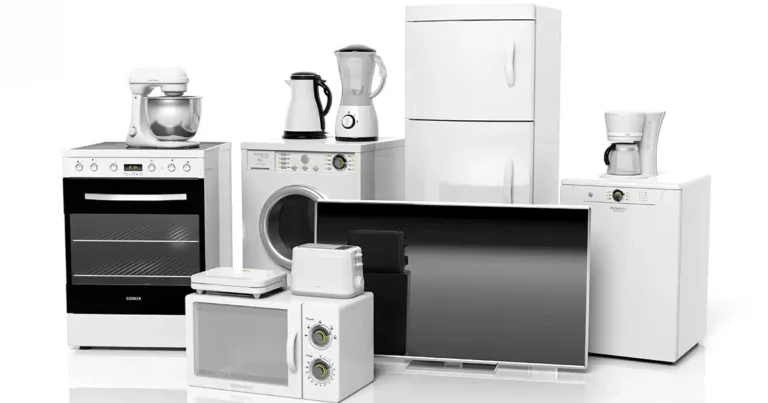Ever wondered why your electricity bill seems higher than expected? You may have an appliance in your home that’s silently draining power, doubling your bill if left unchecked. This article explores the notorious energy-hungry appliance that many people forget to switch off and how you can avoid the financial impact it can have on your household.
1. The Energy Vampire: Your Electric Water Heater
One of the biggest culprits when it comes to high energy consumption is your electric water heater. These units use a significant amount of energy, especially when heating large amounts of water for extended periods. In fact, an electric water heater can consume as much energy in a minute as some smaller appliances, like LED lights or a phone charger, might consume in hours.
2. How It Works: Constant Energy Drain
Electric water heaters often run continuously to keep water hot and ready for use, even when you’re not using any hot water. This “standby” mode is a constant drain on your energy supply. Unlike appliances like your TV or fridge, which cycle on and off, the water heater stays in standby mode to maintain the water temperature, which translates to a steady, significant draw on power.
3. The Cost Factor: How It Affects Your Bill
Leaving an electric water heater on for long periods—especially during peak hours—can double your energy bill without you realizing it. This is particularly true if you have a large household where hot water is in constant demand. Water heaters can account for up to 18% of your total energy bill, making them one of the most expensive appliances in the home.
4. Tips to Save Energy and Money
To prevent your water heater from draining your wallet, here are a few tips to cut down on unnecessary consumption:
- Turn Off When Not in Use: If you’re going on vacation or won’t be using hot water for an extended period, turn the water heater off. You’ll save a significant amount of energy and money.
- Install a Timer: A water heater timer can automatically turn the unit off when it’s not needed, preventing it from running constantly.
- Lower the Temperature: Reducing the temperature setting to around 120°F (49°C) will prevent the heater from working harder than necessary while still providing adequately warm water.
- Upgrade to an Energy-Efficient Model: If your current unit is old, consider upgrading to a newer, more energy-efficient model, such as a tankless water heater, which only heats water when you need it.
5. Other Appliances to Watch Out For
While the electric water heater is a significant energy consumer, it’s important to remember that other large appliances like clothes dryers, ovens, and HVAC systems also contribute to high energy bills. However, these appliances typically don’t consume energy as quickly or consistently as a water heater left in standby mode.
Conclusion: Don’t Let It Double Your Bill
Your electric water heater can quietly double your energy bill if left running unnecessarily. By taking simple steps to manage its usage—like turning it off when not in use and using a timer—you can significantly reduce your energy costs. Don’t let this appliance drain your budget; take control of your home’s energy consumption today.


